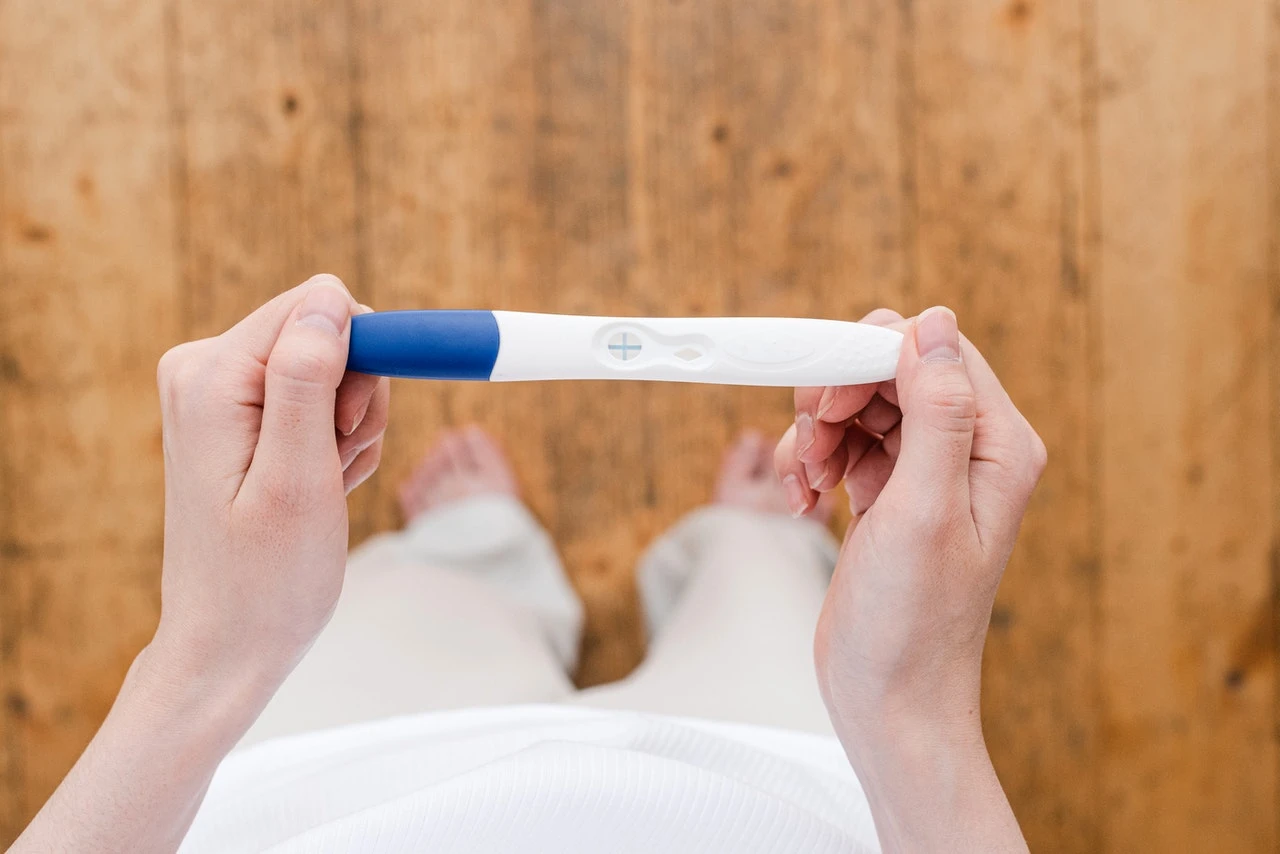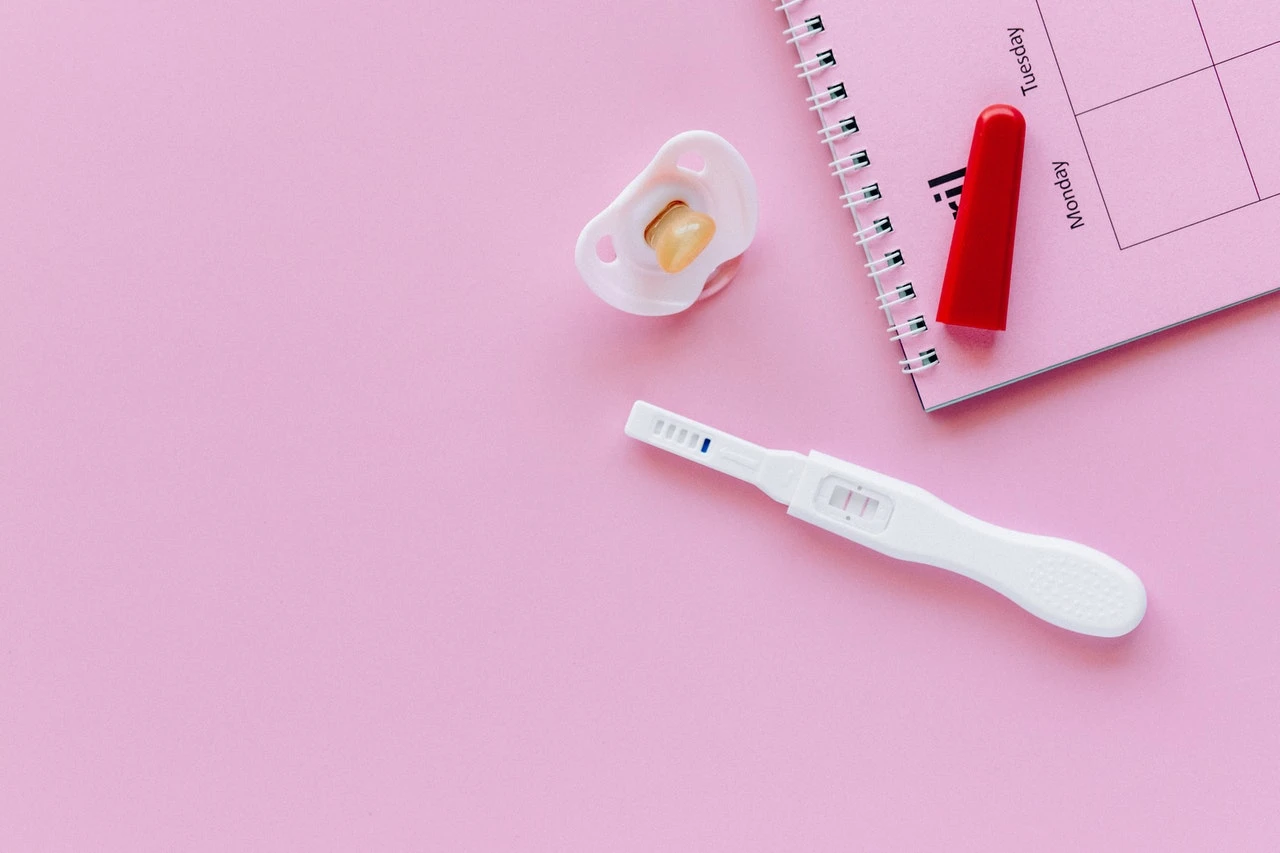Infertility is an unfortunate reality that many of us –including myself –don’t seem to be prepared for. And why not: it wasn’t exactly a particularly popular topic for dinner conversation in my house, and with the alarming number of teenagers getting pregnant at my high school, I was more worried about becoming a teen pregnancy statistic.
Now that I’m in my early 30s, infertility is becoming a struggle for many of my female peers of the same age. Thankfully, science has allowed us to lessen the risk of fertility using various techniques, with the most popular being In Vitro Fertilization, or IVF.
However, IVF can be a very expensive, invasive procedure. This is why some women choose to go for the cheaper, less invasive procedure known as Intrauterine Insemination, or IUI.
But what exactly are the differences between the two procedures, and is one more effective than the other? Let’s find out.
IUI vs IVF: Key Differences

During an In Vitro Fertilization cycle, or IVF, doctors use a special mix of fertility drugs that include Human chorionic gonadotropin, or HCG, as well as other drugs, like GnRH analogs, leuprolide acetate, and Lupron, among others.
The goal is to induce ovulation in a woman and maximize the number of mature eggs in her body. Once she produces more than one mature egg, these are taken out and combined with their chosen sperm to create an embryo. One of these embryos is transferred back into the woman’s uterus in the hopes of completing a full-term pregnancy while the others are frozen for later usage.
Meanwhile, an Intrauterine Insemination is a simpler, more straightforward procedure: doctors use a thin, flexible tube into a woman’s cervix and insert the sperm through there.
Prior to the procedure, the male’s semen is collected and then “washed,” i.e. impurities are taken out, and weak, slower moving sperm are separated, thereby maximizing the number of strong, healthy sperm being injected into the woman.
IUI vs IVF: Which One is More Effective?
Each procedure will affect different women differently. However, Intrauterine Insemination, or IUI, is the preferred “first option” by many women simply because it costs less and requires only the medical equivalent of a turkey baster. Because the sperm is washed beforehand and the procedure is done during a woman’s peak of ovulation, IUI takes out most of the guesswork in terms of timing.
IUI is a less direct approach in terms of fertilizing an egg: the entire procedure does maximize the chances of an egg being fertilized by a sperm and eliminates many of the problems associated with sperm transfer, but it doesn’t take out all of the factors. But IUI has less control in terms of the fertilization as IVF.
During an In Vitro Fertilization cycle, or IVF, it’s a more direct approach that practically guarantees fertilization because the healthy sperm is directly injected into a healthy egg and an embryo is formed. The only thing IVF has no control over the embryo succeeding or failing inside a woman’s body.
But here’s the kicker: each cycle of an IVF will cost around $15,000 to $20,000, depending on your state, insurance provider, medical situation, and other factors. Meanwhile, an IUI cycle will cost you around $300-$1,000 per cycle.
This also doesn’t consider the medication costs: IVF doctors will require that you take a pharmacological cocktail to ensure ovulation. Meanwhile, with IUI, many doctors will simply rely on the woman’s regular ovulation cycle. They might recommend a drug or two to aid in ovulation, but all in all, the medication costs, when compared to IVF, are drastic.
But with the lower price tag comes a lower chance of success: IUI is only around 10-15 percent effective at getting women pregnant on the first cycle, a dismal score compared to IVF’s whopping 50 percent effectivity rate, a percentage that could be made higher by genetic testing.
IUI vs IVF: When is the Right Time?

Every woman’s body is different. Some doctors recommend that women over the age of 35, who have had trouble conceiving for at least six months, should start to consider either an IUI or IVF treatment.
If you’re under 35, doctors recommend that you try conceiving naturally for at least 12 months before considering either of the solutions above.
It’s always best to check with a reproductive endocrinologist to do basic fertility testing.
Although IUI’s are usually recommended because of their price and ease, this procedure does not consider infertilities caused by fallopian tube issues or uterine defects. An IUI will usually be recommended to you after a specialist looks over your age, fertility diagnosis, family planning foals and most importantly, comfort levels of medical treatment.
But here’s the funny part: whereas IVF has a higher success rate of getting women pregnant on the first cycle, IUIs have a higher chance of developing twins.
The chances of developing twins through natural conception and through medication-free IUI are the same: 3 percent. However, when paired with hormone drugs, an IUI has a whopping 11.6 percent chance of getting you pregnant with multiples. With IVF, doctors will only fertilize one egg with one sperm.



